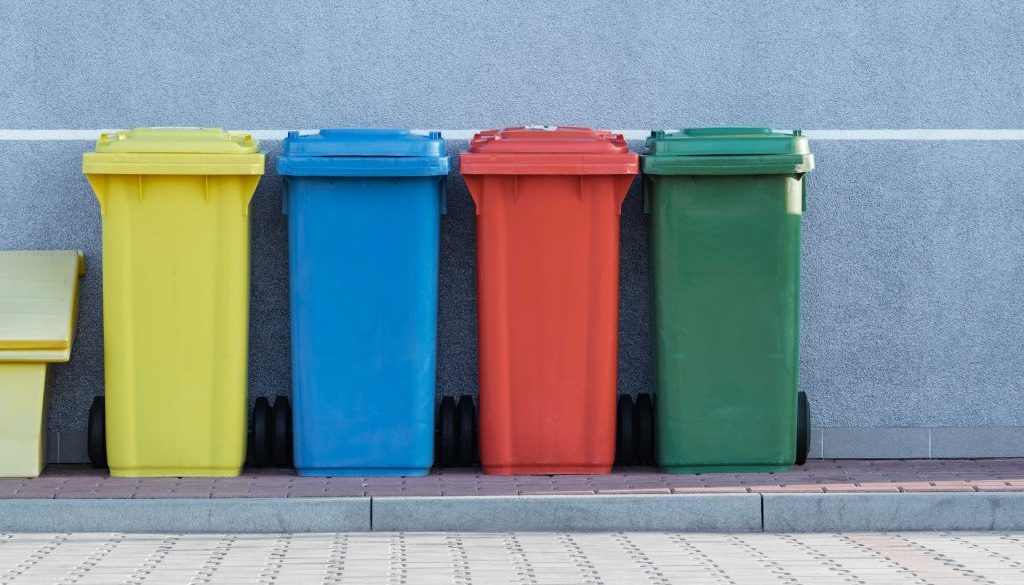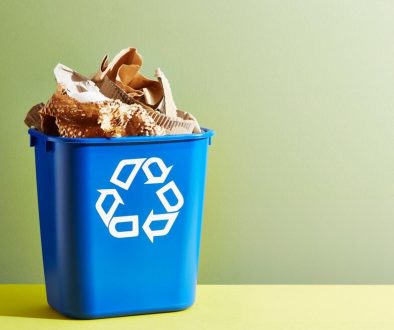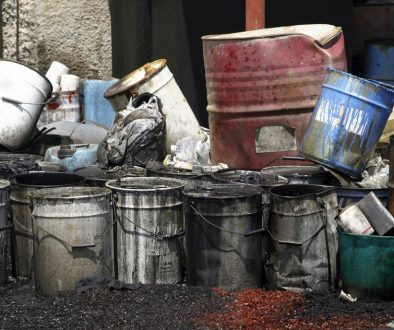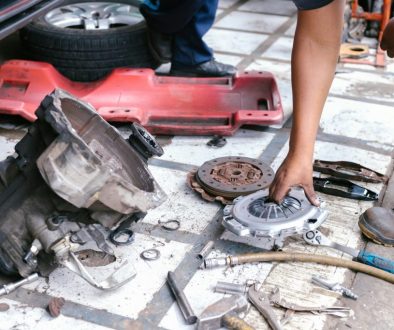Buildings of both the commercial and institutional variety produce a sizeable amount of waste and consume a significant amount of resources. The following suggestions can be of assistance to facility managers, building owners, renters, and other stakeholders in their efforts to improve waste management, save money, and boost sustainable practices.
You may have only just recently become aware of the junk that’s been piling up at your place of employment. Quite a few organisations have voiced their concerns with the rubbish collection services that were made available to them, however, businesses that employ waste reduction strategies understand the significance of being proactive and implementing preventative measures.
Read on as we discuss this guide on waste management for commercial and industrial settings.
What Companies Can Get from Waste Management
Cost-cutting
Recycling helps to cut costs associated with disposal while simultaneously increasing income. You will be able to cut transportation expenses and bargain for rubbish and recycling services that are tailored to your individual needs if you are aware of the amount and type of waste that your company creates.
Streamlined Information
Efforts should be made to improve accounting and data sharing. Communication and reporting are both made easier when standardised metrics are used, as well as when waste management operations are tracked on a centralised platform.
Long-Term Sustainability
Enhancing how waste, water, and energy are managed is one of the most important steps toward achieving sustainability. Because of your commitment to sustainability, your company’s reputation could potentially increase, which could assist drive both your staff and your tenants.
Reduction and Elimination of Greenhouse Emissions
Recycling and cutting down on overall waste are also important steps toward lowering emissions of greenhouse gases.
Conservation
Materials that have been recycled can contribute to the protection of water, plants, and metals.
Examining Your Trash
A reduction in greenhouse gas emissions and cost savings can both result from an organisation becoming more sustainable through the utilisation of materials and waste. According to the age-old proverb, “What you don’t measure, you can’t manage,” or something to that effect. It is necessary for the success of a program to reduce waste that it be able to keep track of both trash and recyclable materials.
Technique Improvement
Improved employee engagement and education, as well as the development of new markets for recycled materials, can be of benefit to waste reduction and recycling initiatives, which aim to increase the amount of waste that is recycled and decrease the amount of waste that is thrown away.
Preventing Waste Production
The most efficient strategy for lowering waste is by far the one that involves cutting back on production. Eliminating waste is an excellent way to make financial and environmental savings at the same time.
Reduce
Altering the design, manufacture, procurement, and utilisation of resources and commodities are all tactics that are feasible options for businesses looking to reduce their waste. Educating your staff to print only what is necessary will help you save money on paper, as will setting your printers to print on both sides of the page.
Reuse
When things and packaging are reused, the need to throw them away or recycle them is eliminated. If you want to reuse old or broken products, appliances, furniture, or building materials, you will need to repair, refurbish, clean, or recover them first. To cut down on the quantity of the trash that is produced, you should encourage families to use coffee mugs that can be reused rather than disposable ones.
Donate
Contributions to persons in need can be made by businesses in some cases. People who are hungry have the option of going to restaurants, hotel cafeterias, or other dining establishments that provide both perishable commodities and items that are prepared to order. Donations to food banks are often picked up for free, which relieves the giver of the responsibility of paying for either storage or disposal costs.
The Importance of Recycling
Recycling not only helps to conserve energy but also prevents waste from being incinerated or dumped in landfills, and it creates new raw materials. When it is not possible to prevent the production of rubbish, recycling is the appropriate action to take. Recycling does more than just prolong the useful life of landfills. It is necessary to not only make use of our resources but also to preserve them so that subsequent generations can reap the benefits of those resources. We are resolute in our efforts to cut back on the amount of water, energy, land, and raw materials that we consume.
Recycling organic materials is made possible by the process of composting. It prevents waste such as food scraps and yard clippings from ending up in landfills while at the same time converting it into a valuable addition to the soil.
It is essential to take availability and participation into consideration if one wants to advance recycling efforts.
Understanding Waste Management for Small Businesses
Abiding Laws
In the United Kingdom, all registered businesses must dispose of their waste in a method that has been authorised. Your company must remove, store, and appropriately dispose of waste in order to avoid being fined.
In accordance with the Environmental Protection Act that was passed in 1990, magistrates and royal courts have the authority to levy an unlimited amount of fines for inappropriate waste disposal. If you are found guilty in a Magistrates court, you may be sentenced to imprisonment for a period of 12 months. On the other hand, if you are found guilty in a Crown court, you could be sentenced to imprisonment for a period of 5 years.
Duty and Responsibility
Under the Environmental Protection Act of 1990, Section 34 mandates that all waste must be disposed of appropriately and safely. This suggests that to protect both people and the natural world from the negative effects that trash can have, it must be kept in a safe place and disposed of by trained professionals.
To reduce trash, adhere to the waste management hierarchy of “Reduce, Reuse, Recycle, and Recovery.”
Conclusion
As responsible business owners, it is crucial that we understand our duties when it comes to producing and managing our own waste. This is, essentially, one of the key things that could contribute to not just our success but also the health of our environment. Simply keep this information in mind as you reinforce best waste practices in your organisation.
Are you looking to hire a skip in Stafford? Enviro Skip Hire is a Staffordshire-based skip hire and aggregates company. Browse our selection of services today!




